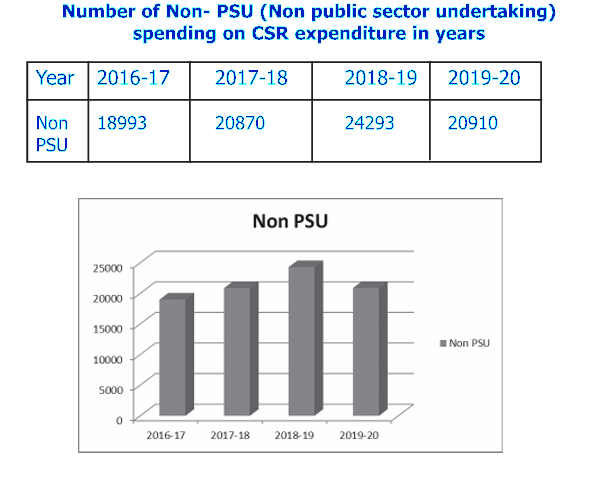About us
At Indian CSR Cluster, we believe in making a meaningful difference beyond our bottom line. Our commitment to Corporate Social Responsibility (CSR) is ingrained in our core values, driving us to positively impact communities, the environment, and society as a whole.Join us on our journey as we harness the power of business to create a world where prosperity, equality, and environmental harmony thrive hand in hand.
With a focus on sustainability, diversity, and ethical practices, we strive to be a responsible corporate citizen, leading by example and inspiring others to join us on this journey toward a better world. As we continue to grow and evolve, our commitment to CSR remains unwavering. We are dedicated to creating shared value for all stakeholders, driving positive change, and building a sustainable future for generations to come.

CSR Committee
The Corporate Social Responsibility (CSR) Committee is dedicated to advancing Corporate Social Responsibility’s commitment to sustainable and responsible business practices. Our mission is to identify, prioritize, and oversee initiatives that positively impact society, the environment, and all stakeholders while aligning with the company’s values and strategic objectives.
Strategic Planning
Develop and implement a comprehensive CSR strategy aligned with the company's mission, vision, and core values. This includes setting short-term and long-term goals, identifying key performance indicators (KPIs), and regularly assessing progress.
Stakeholder Engagement
Foster meaningful relationships with internal and external stakeholders, including employees, customers, suppliers, investors, regulatory bodies, and local communities. Solicit feedback, address concerns, and collaborate on CSR initiatives that benefit all parties involved.
Policy Development
Establish policies, guidelines, and best practices that promote ethical behavior, diversity and inclusion, environmental sustainability, and social responsibility throughout the organization. Ensure compliance with relevant laws, regulations, and industry standards.
Resource Allocation
Allocate financial, human, and technological resources to support CSR initiatives effectively. Prioritize investments in projects that generate measurable social and environmental impact while maximizing value for the company and its stakeholders.
Monitoring and Reporting
Monitor the implementation and outcomes of CSR initiatives, track performance against established KPIs, evaluations to identify areas for improvement. Prepare comprehensive reports and communicate progress, achievements to stakeholders transparently.
Continuous Improvement
Foster a culture of continuous improvement and innovation within the organization, encouraging employees at all levels to contribute ideas, suggestions, and feedback related to CSR initiatives. Stay informed about emerging trends, best practices to forefront of CSR excellence.
CSR Policy
A robust corporate social responsibility (CSR) policy is crucial for any company aiming to make a positive impact on society while maintaining sustainable business practices. Here’s a framework for an impactful CSR policy:

Commit to conducting business ethically, adhering to laws and regulations, and upholding integrity in all operations.
Implement strategies to minimize environmental impact, such as reducing carbon emissions, conserving energy and water, and promoting recycling and waste reduction.
Invest in initiatives that support community development, education, healthcare, and poverty alleviation. This could include funding scholarships, supporting local charities, or participating in volunteer programs.
Foster a diverse and inclusive workplace culture where employees from all backgrounds feel valued and empowered to contribute. This can involve implementing diversity training programs, promoting gender equality, and ensuring equal opportunities for advancement.
Hold suppliers to high ethical and sustainability standards, ensuring fair labor practices, ethical sourcing, and responsible production processes throughout the supply chain.
Maintain transparency in CSR efforts by regularly reporting on initiatives, progress, and outcomes. Establish mechanisms for stakeholders to provide feedback and hold the company accountable for its commitments.
Engage with stakeholders, including employees, customers, investors, and communities, to understand their needs and concerns, and incorporate their feedback into CSR strategies.
Continuously assess and improve CSR performance by setting measurable goals, conducting regular audits, and seeking opportunities for innovation and collaboration.
CSR Companies
CSR-driven companies prioritize ethical practices, environmental sustainability, and social welfare, integrating these values into their core operations to create positive impacts on society while maintaining sustainable business models. Through transparent reporting, stakeholder engagement, and continuous improvement, they strive to lead by example, inspiring others to adopt responsible business practices for a more prosperous and sustainable future.

















































CSR Projects




